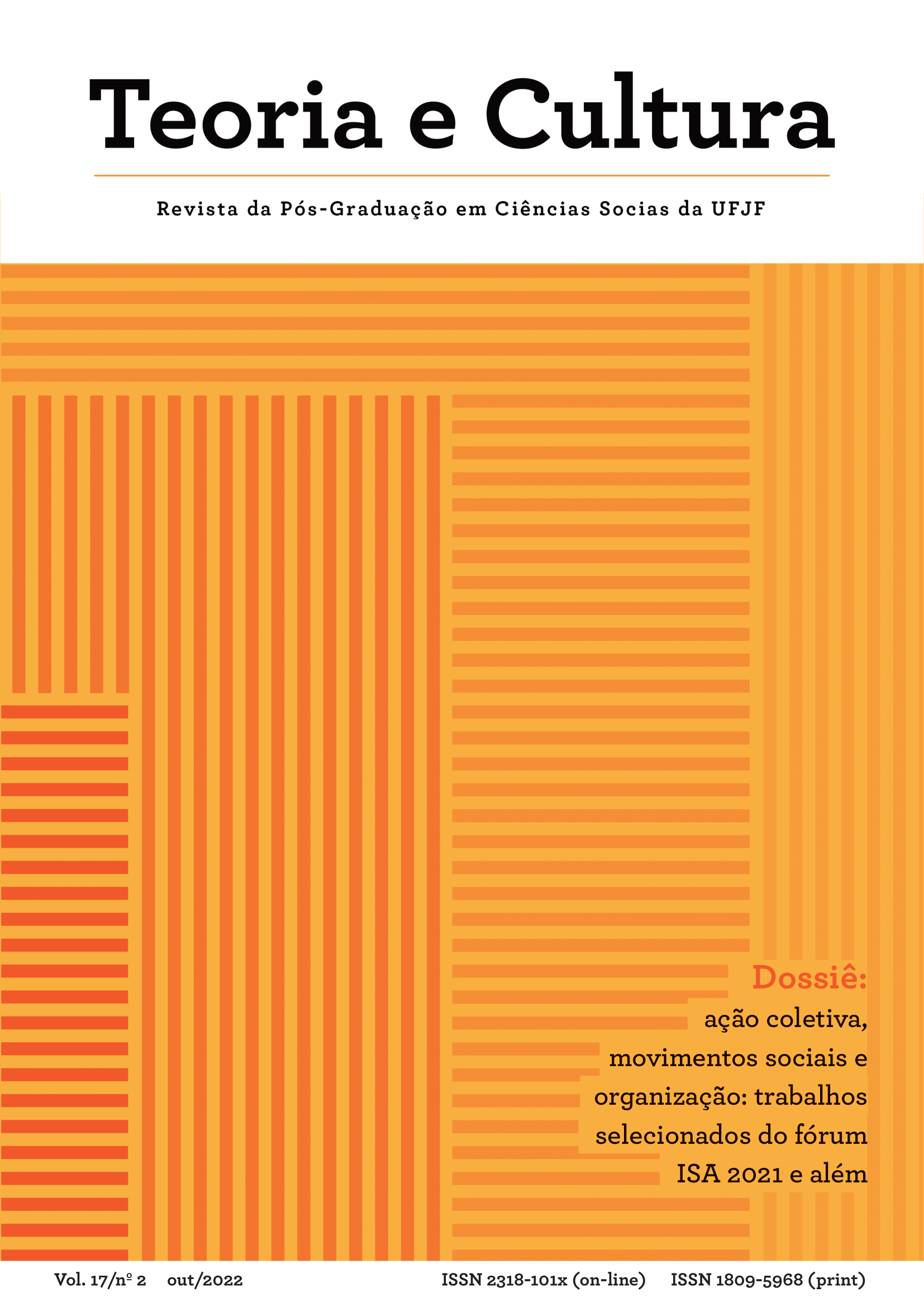A desconstrução da proteção social através da flexibilidade do contrato de trabalho:
uma análise da reforma trabalhista mexicana
DOI:
https://doi.org/10.34019/2318-101X.2022.v17.38491Resumo
Este artigo analisa os impactos gerados pela lei mexicana de reforma trabalhista sobre as características e condições de trabalho dos trabalhadores sindicalizados. Com base na teoria social realista crítica, considerou-se que as mudanças institucionais nos mecanismos da estrutura social do trabalho assentam em três categorias ontológicas: espaço-tempo, identidade e poder. A pesquisa empírica analisou o caso de três sindicatos com maior número de filiados na cidade de Culiacán, Sinaloa, México. Utilizou-se a estratégia de pesquisa mista, com coleta de dados quantitativos e qualitativos, dos quais foram extraídos dados históricos, documentais e estatísticos. As evidências sugerem que a morfogênese em estruturas espaço-temporais implica em novas configurações identitárias - individuais e coletivas - que, por sua vez, permitem reconfigurações nas estruturas de poder. Conclui-se, ao final, que as mudanças introduzidas no sentido da “flexibilização” do contrato de trabalho geraram a desproteção social do trabalhador, agravando suas condições de trabalho.








